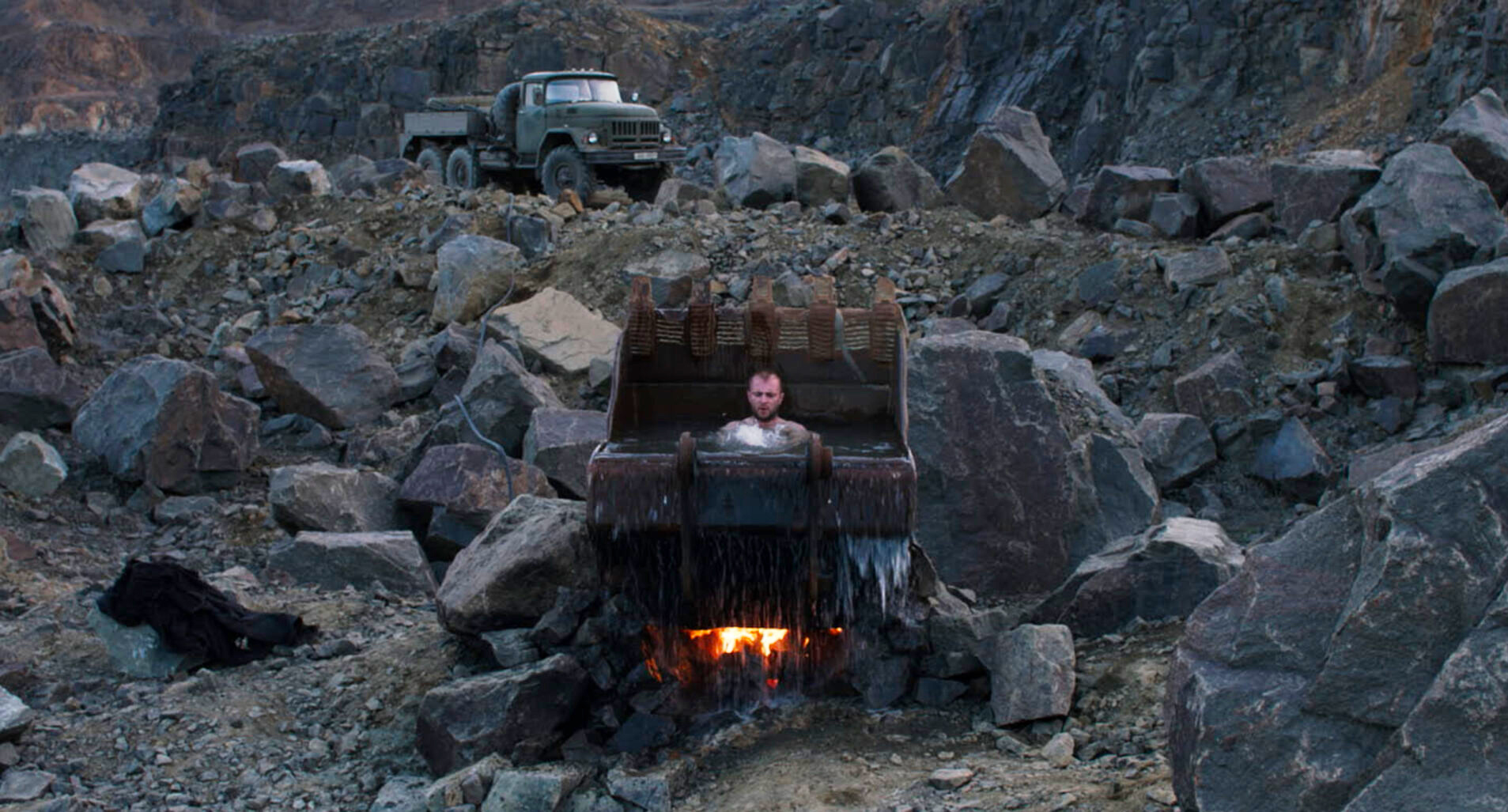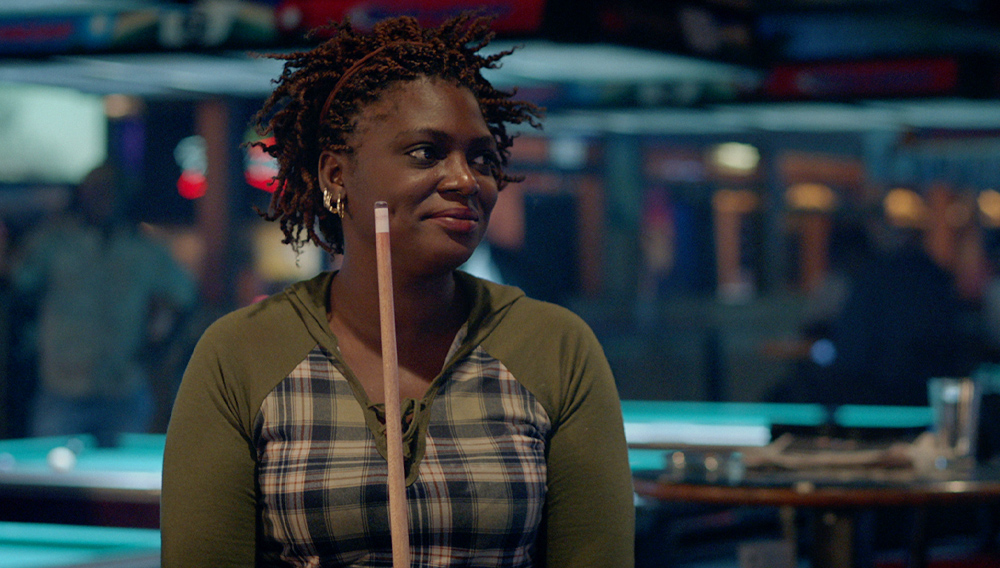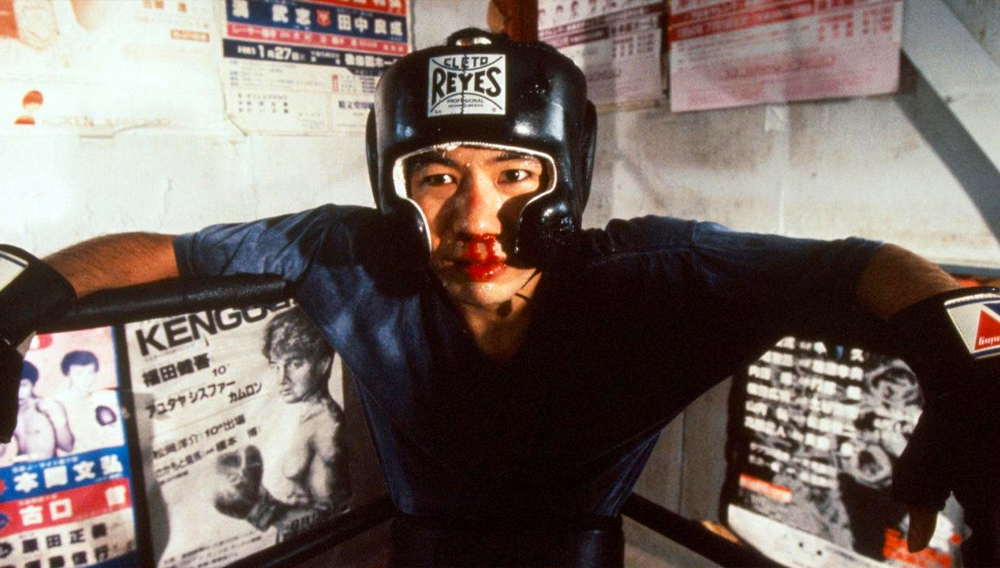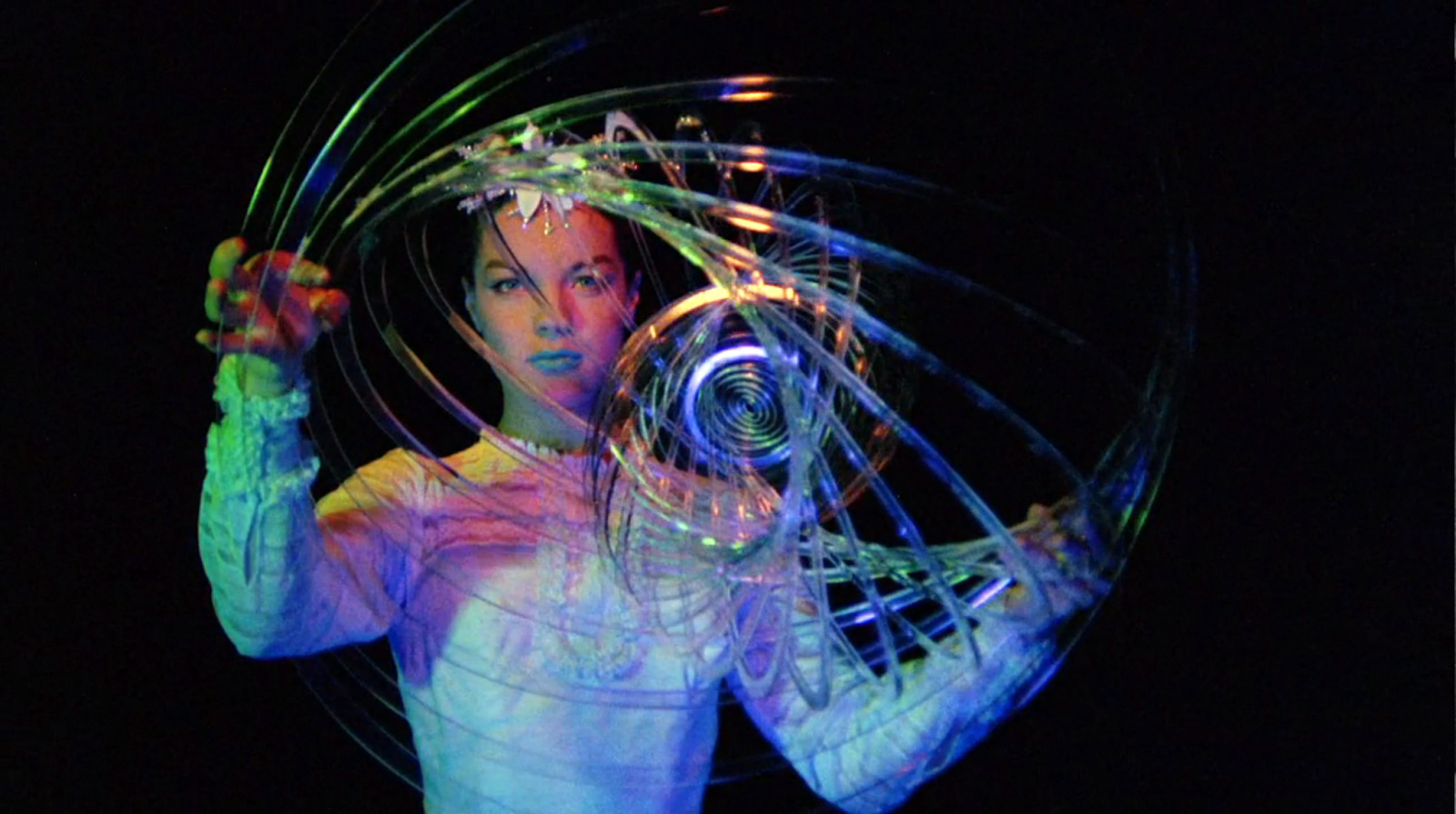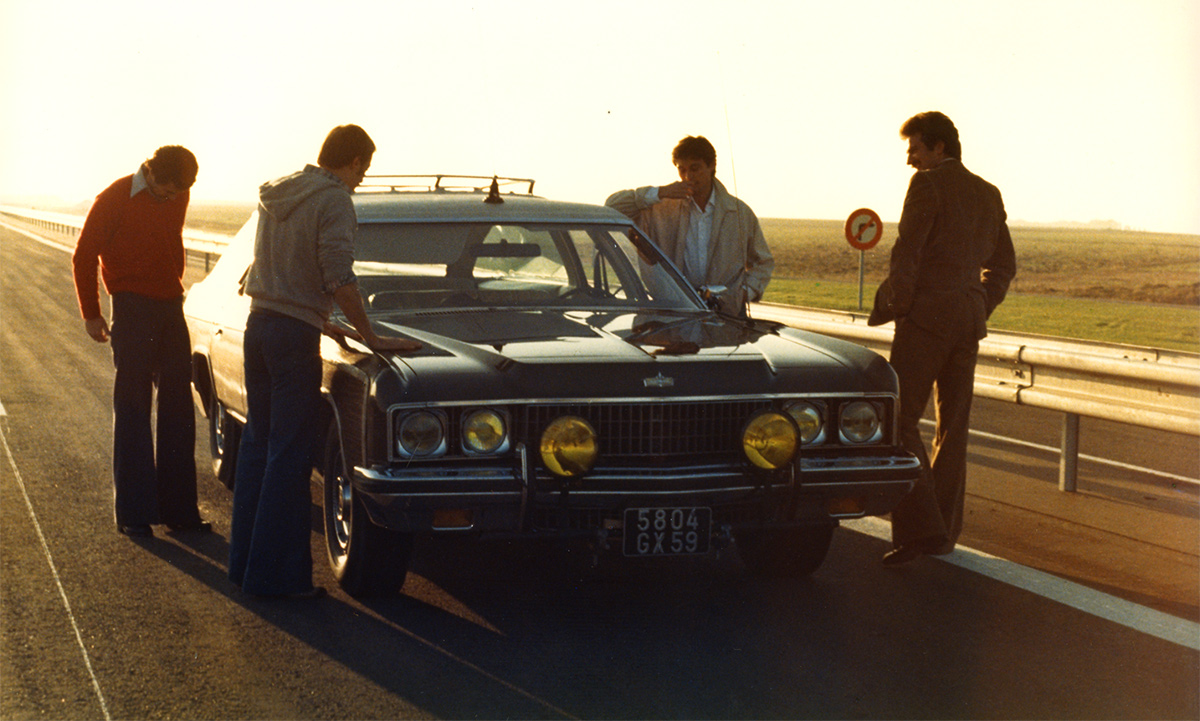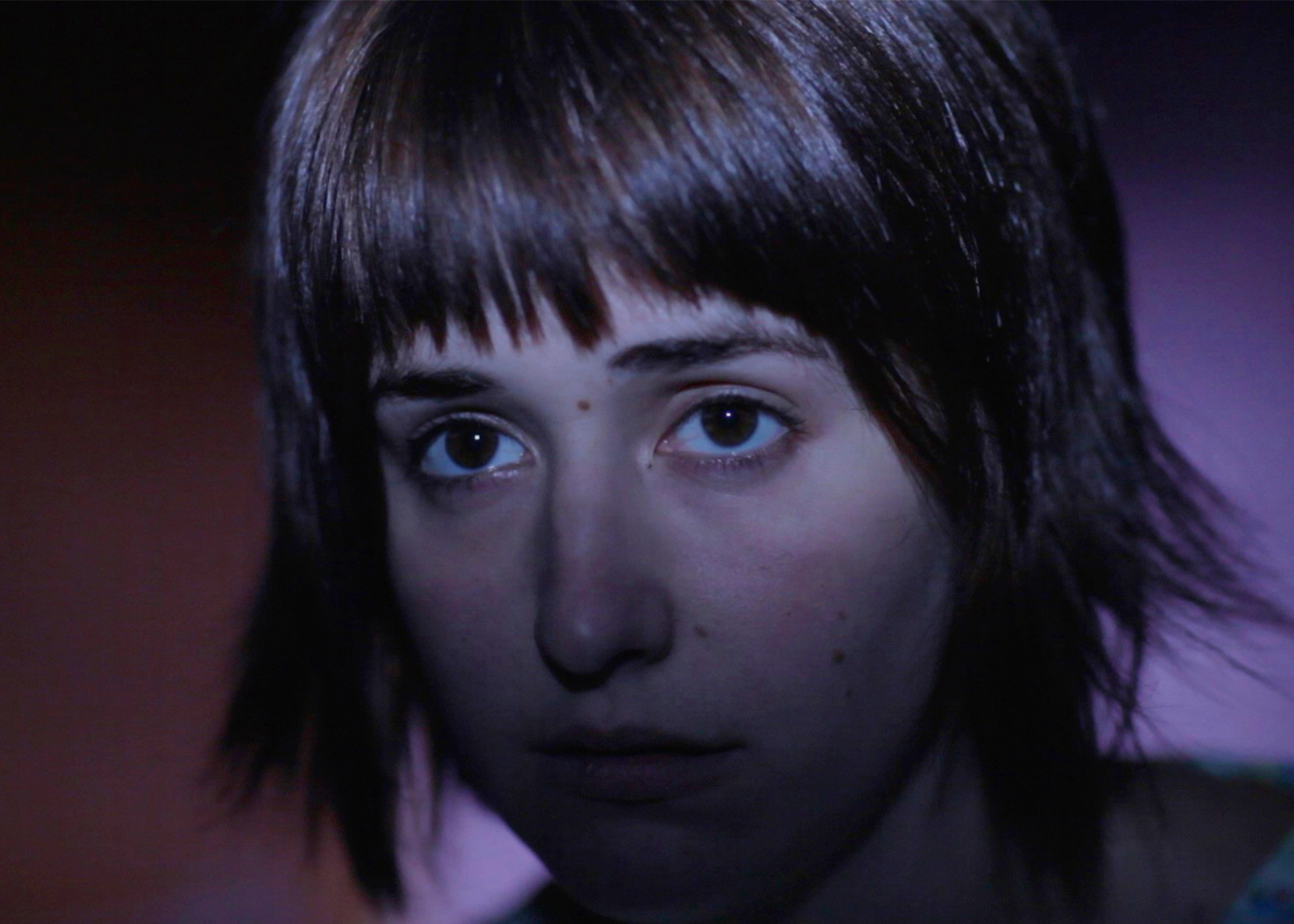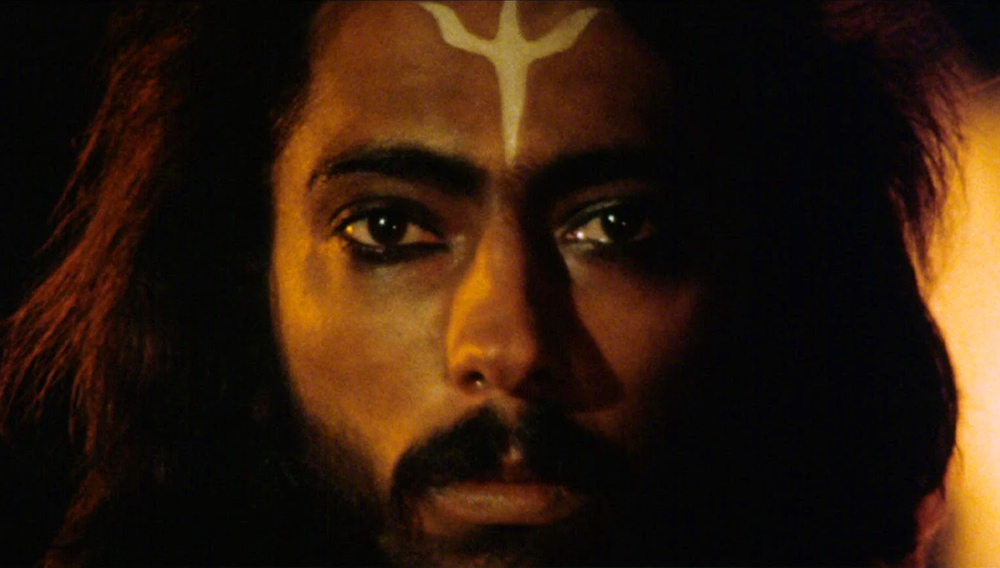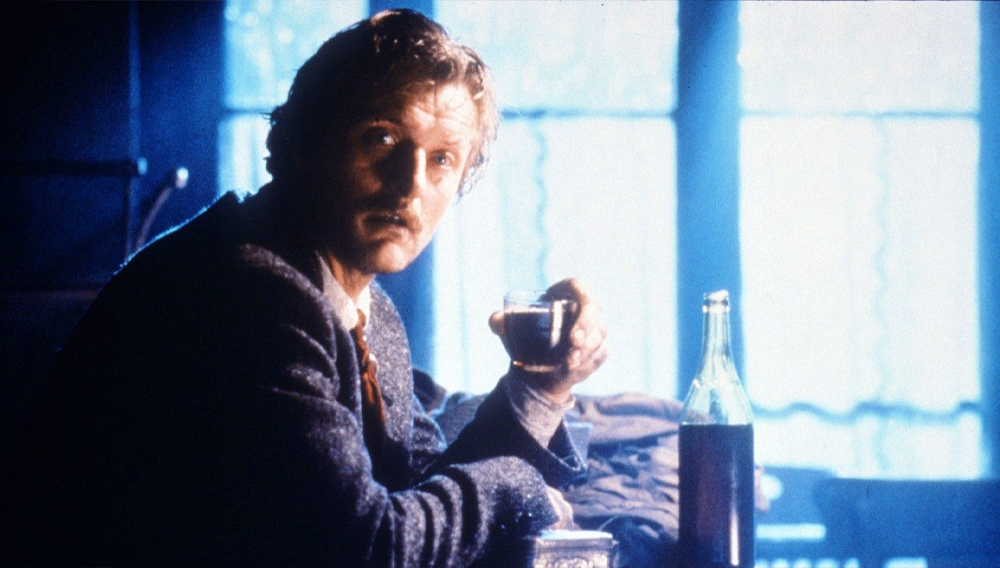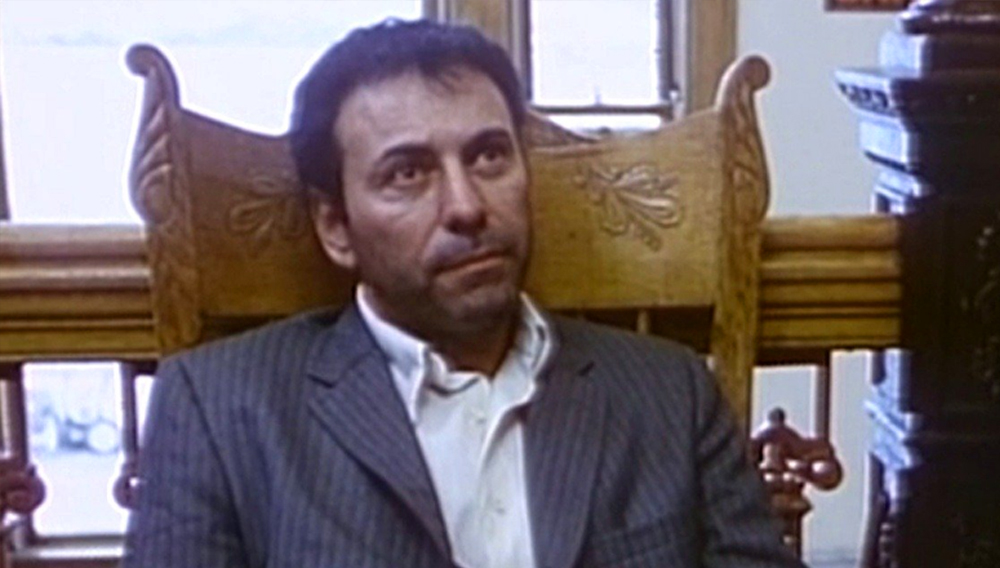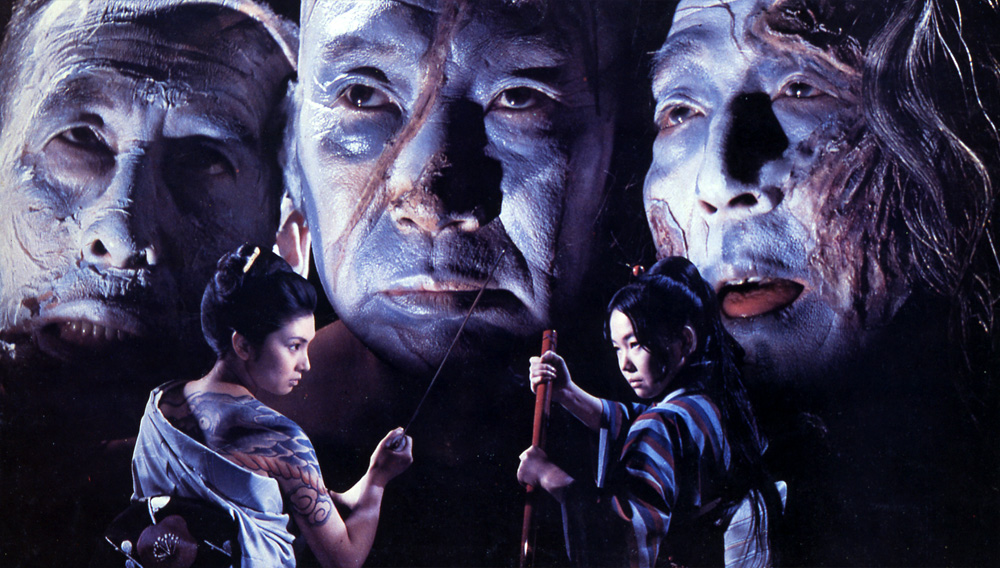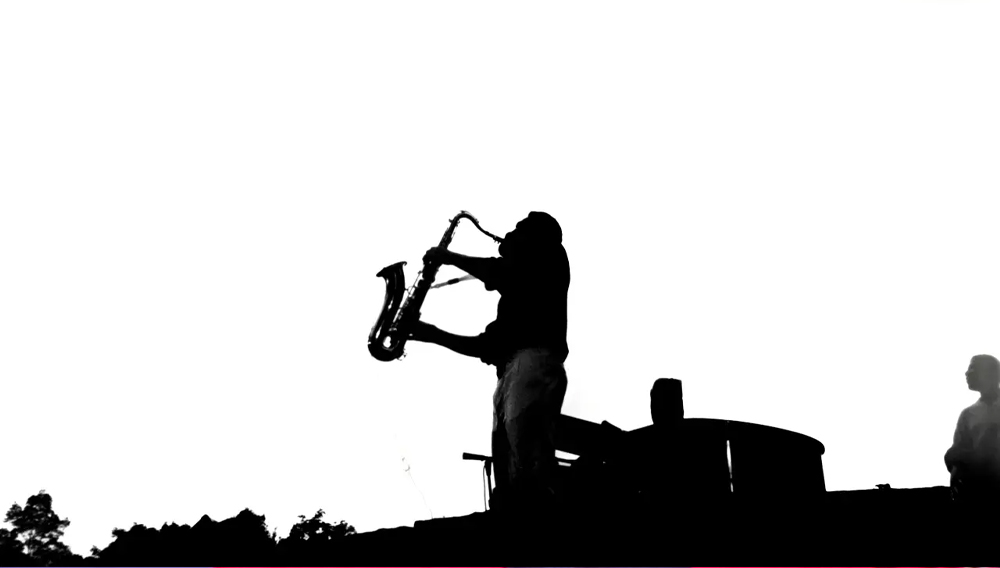By Mike D’Angelo

Despite aggressive attempts to rebrand itself as a destination event—more world premieres; the shift from Yorkville to downtown; a new permanent facility (the much-touted Bell Lightbox)—the Toronto International Film Festival, to its credit, remains far too sprawling and diverse for any one person to cover comprehensively.
Cherry-picking some of the most notable titles from Sundance, Berlin, Cannes, Locarno, and Venice, with middlebrow Oscar bait often projected just scant meters away from abstruse art cinema, TIFF is whatever you want it to be; people with varying tastes can easily see three dozen movies each with little or no overlap. This year’s lineup featured a number of puzzling, even troubling omissions—credible rumor has it, for example, that critical favorite Certified Copy was rejected solely because neither director Abbas Kiarostami nor star Juliette Binoche was available to appear on its behalf—but there was still plenty of rapture to be had, no matter what your personal agenda.

Most critics, myself included, swooned hardest at Kelly Reichardt’s stunning anti-Western Meek’s Cutoff, which follows a group of increasingly frazzled pioneers (including Michelle Williams, Will Patton and Bruce Greenwood) who’ve strayed from the Oregon Trail in 1845. Reducing history to its dusty, laborious essence, this stubbornly materialist picture never allows its pointed political subtext to overshadow the inescapable physicality of torn moccasins and dim lantern light, of guns that take minutes to reload and distances that take months to cross.
Equally spare, and nearly as haunting, was the Russian two-hander How I Ended This Summer, set on a tiny, remote Arctic island inhabited only by a meteorologist and his young intern, who somehow wind up in a bizarre battle of wills provoked entirely by their unsettling isolation. Taking this idea even further, Cannes Caméra d’Or winner Leap Year, from Mexico, sets up house in a single apartment and passively observes its sole occupant, a young woman whose mundane, lonely existence finds relief only in increasingly masochistic sexual encounters—a scenario that, against all odds, proves to be deeply moving rather than exploitative.
But if TIFF filmmakers this year often seemed to be competing for a Less Is More prize, that’s not to say that there weren’t also some fine examples of spectacle and overkill. Japan’s insanely prolific and wildly uneven Takashi Miike went classical—for him—with 13 Assassins, a (fairly) straightforward samurai flick; Kurosawa and Kobayashi would surely admire the film’s climactic, hour-long battle sequence, at once kinetically thrilling and goofily absurdist.
And there was pleasurable cackling a-plenty at the press screening of Darren Aronofsky’s gloriously deranged Black Swan, starring Natalie Portman as a sexually repressed ballerina whose psyche starts to splinter when she’s cast as the dual lead in a production of Swan Lake. A lurid cross between The Red Shoes and Repulsion, it manages to embody TIFF’s contradictions in concentrated form—highbrow and lowbrow, elegant and tacky, art and trash. The festival should consider adopting a black swan as its permanent mascot.



